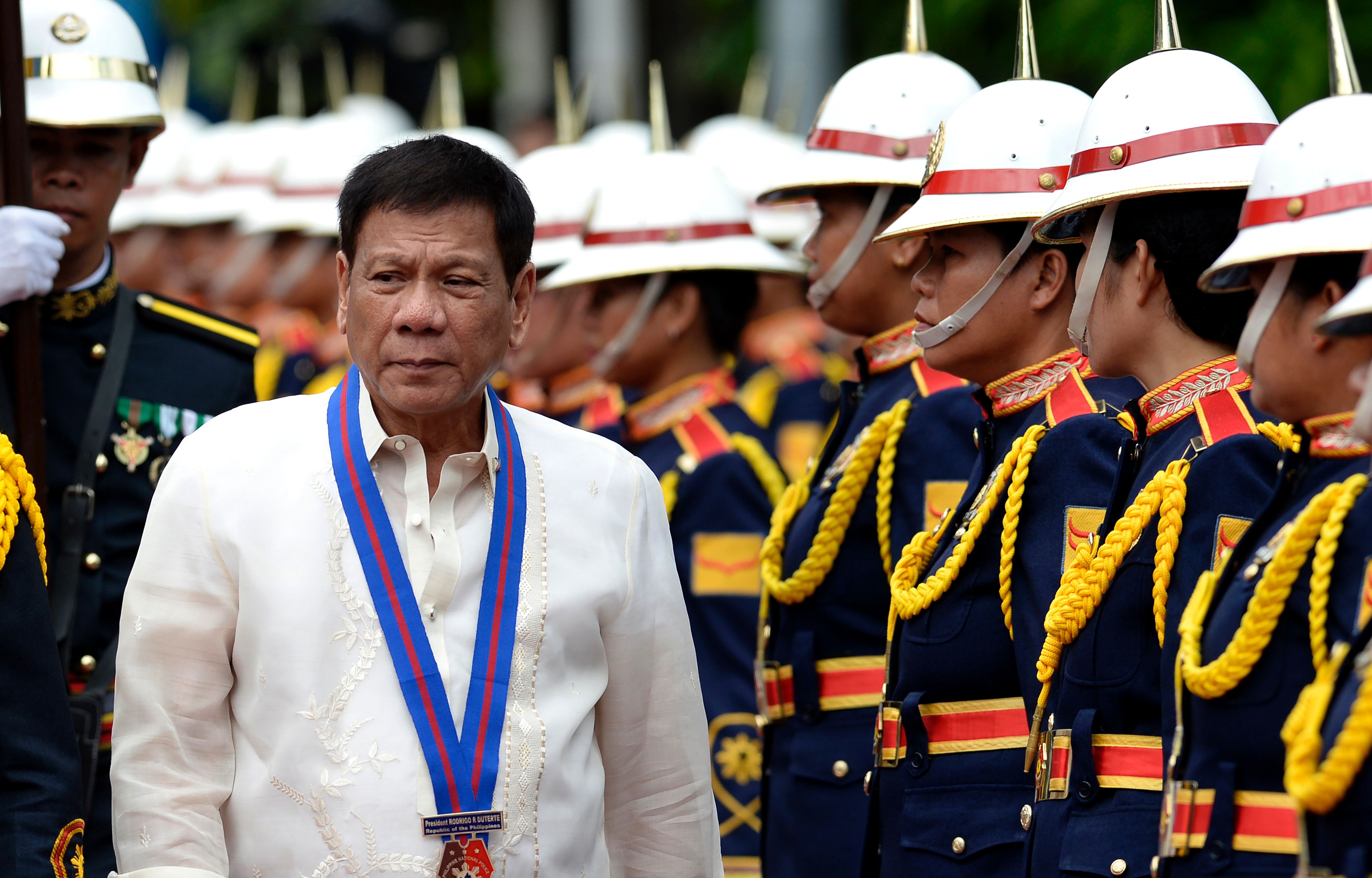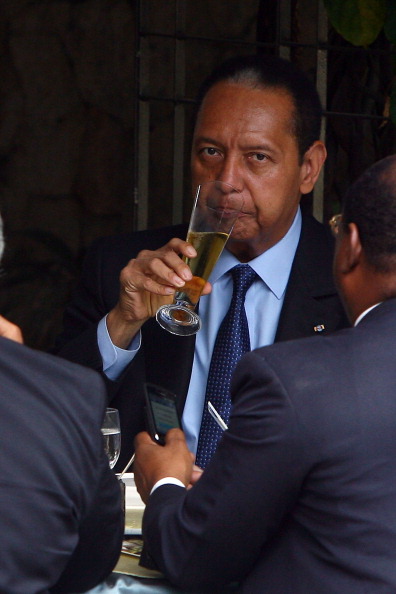This week, Human Rights First (HRF) issued a report, “How to End Impunity for Private Security and Other Contractors: Blueprint for the Next Administration“.
The report helpfully encapsulates many of the calls for better oversight, monitoring and accountability that HRF, Amnesty International and others have been calling for with regard to companies, like Blackwater, Titan, KBR…, whose personnel have engaged in human rights abuses from rape and torture to killing, with impunity.
It also posits some fresh ideas into the conversation, such as extending the Freedom of Information Act (FOIA) to these companies and reforming state secret and other privileges that often get in the way of justice for victims.
However, the report suffers from an oversimplification, with an implied reference to fossilized examples as representative of the scope of the problem. In this sense, it feels like a recycled agenda from a “multi-stakeholder” conference.
We should be working together to progress most of the recommendations in the report, but a few things should not be sacrificed in the name of appearing practical: human rights abuses should be prosecuted because we don’t tolerate them, period, not just because they foster hostility toward us and undermine military missions; the US shouldn’t consider whether to ban contractor roles in rendition, it should prohibit any role in rendition, which is illegal; UCMJ application to company personnel shouldn’t be revised, it should be repealed — why should we potentially subject the entire world (the result of subcontracting of third-country nationals) to the US military justice system?
Finally, let’s tell it like it is: many companies that provide services directly or indirectly to military operations shun “military” as part of an identification of their industry, instead often preferring “security” contractor or provider which sounds more benign. With few exceptions, HRF’s report should make them happy. Even its title does not mention the word military.


